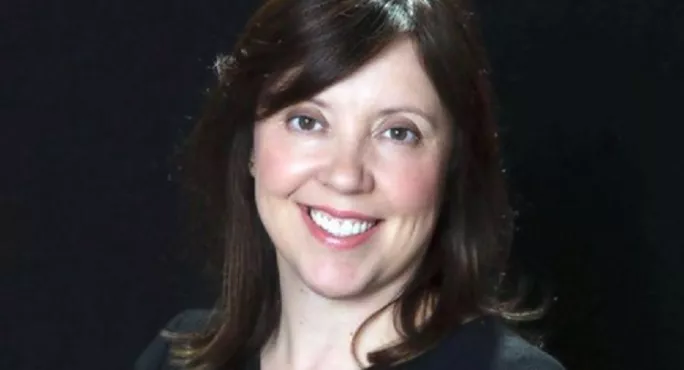It would take a ‘catastrophe’ to close schools, says de Souza

There is no reason to close schools barring a “catastrophe”, such as the “obliteration” of the country, the children’s commissioner Rachel de Souza has told MPs today.
Speaking at the Commons Education Committee, Ms de Souza said she remembered having “absolute dread” at the thought of closing schools at the start of the Covid pandemic.
In response to a question from Conservative MP Anna Firth, who asked for “confirmation” that Ms de Souza was opposed to “complete school closures”, the former headteacher and trust chief executive replied: “I cannot think - apart from the greatest catastrophe, the obliteration of the country - why we would close schools”.
- Background: How Covid cases increased in December
- Education secretary: Zahawi launches ‘alliance’ to ‘fix’ school attendance
- MPs: School closures should be ‘significant part’ of Covid inquiry
Schools were closed to the majority of pupils at multiple points during the Covid pandemic, and some individual schools and local authorities switched to online learning at other points because of high rates of the virus among pupils and staff.
Ms de Souza’s remarks come as Covid rates are up by a third on last week’s figures and school attendance is dropping nationally.
The committee’s chair, Robert Halfon, put forward a bill last year which aims to make it harder for schools to be closed to pupils in a national lockdown.
Earlier in the Education Committee’s session, the children’s commissioner called for “more resource” to be put into the government’s catch-up programme for Early Years settings.
Asked by Mr Halfon if she thought the catch-up programme was fit for purpose, she replied that there were “positive things” about the scheme, but “I want more”.
“I’m concerned about the very young, who should have nursery education, who missed developmental milestones - there are speech and language issues. I think more resource must go there.”
She also addressed her appointment to the board of the organisation running the new National Institute of Teaching - the government’s new flagship teacher training institute.
Ms de Souza was recently appointed as a director of the School-Led Development Trust, according to Companies House.
Potential ‘conflict of interest’?
Labour MP Ian Mearns asked if the appointment was a conflict of interest with her current position as children’s commissioner.
Ms de Souza replied: “The reason I have said ‘yes’ to this - and I’ve talked to the department everywhere about the conflict of interest issue, and if there was a conflict of interest issue I’d get myself out of there - one of the key things children talk to us about is teaching.
“I was approached to do this and I was thinking I could bring inclusion, children’s voice, SEND (special educational needs and disability), and the quality of teaching around those issues.
“If it does not work, I’ll step away,” she added.
Concerns over initial SEND Green Paper
She also told MPs that she had raised concerns about a first draft of the SEND Green Paper last year and had told the former education secretary, Gavin Williamson, that she could not support it.
Speaking about this in response to a question by Conservative MP Tom Hunt, she said: “When I came into post, there was an initial iteration of the SEND Green Paper. I read it and spoke to the secretary of state and said that I couldn’t support it and it needed to go back. I am sure I wasn’t the only voice but I was quite strong on that.
“And to his credit, there was a reset during the summer. I think it is one of the better papers of the current suite of papers coming out around children.”
Speaking about the published version of the Green Paper, Ms de Souza said there were “some things” she liked “very much” in it.
She added: “The idea of a national system is good. I think the idea of schools being really clear about schools and inclusion - that is, where children should have their needs met and making sure that teaching and schools are really set up to be inclusive - is strong. I like the idea of clarity around tariffs, there is a range of things that are good.
“One of our problems is that it is a paper that is good for setting out what the system should look like in the future, for what we move to. But if you are a parent of a SEND child, you want help now and support now. That is where we need to do more.”
When asked what she did not like about the initial version of the SEND Green Paper, she said: “It needed to be written for and from the perspective of children and their families, and it was more written as system policy as opposed to really trying to address what children need and families need.”
You need a Tes subscription to read this article
Subscribe now to read this article and get other subscriber-only content:
- Unlimited access to all Tes magazine content
- Exclusive subscriber-only stories
- Award-winning email newsletters
Already a subscriber? Log in
You need a subscription to read this article
Subscribe now to read this article and get other subscriber-only content, including:
- Unlimited access to all Tes magazine content
- Exclusive subscriber-only stories
- Award-winning email newsletters
topics in this article



